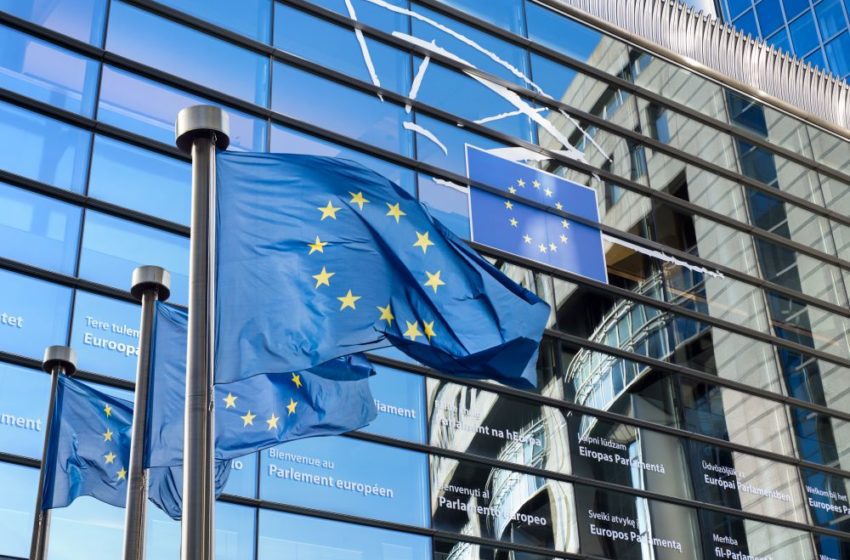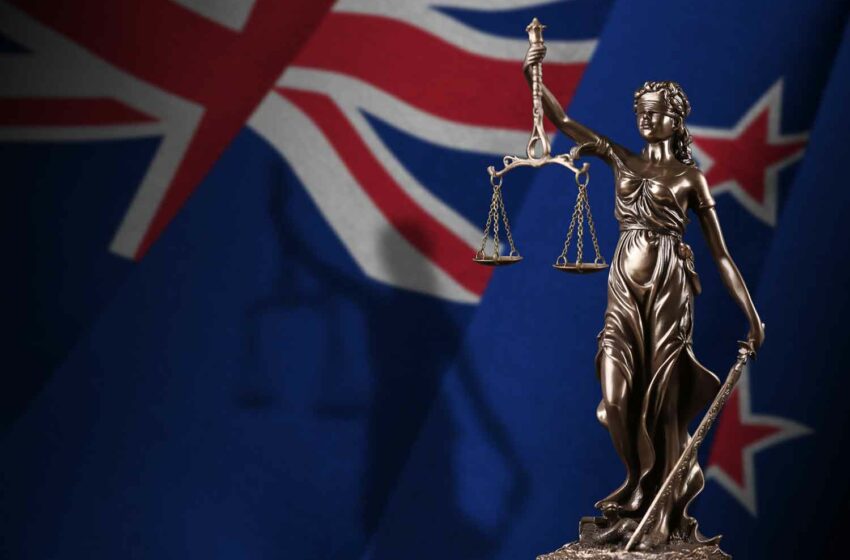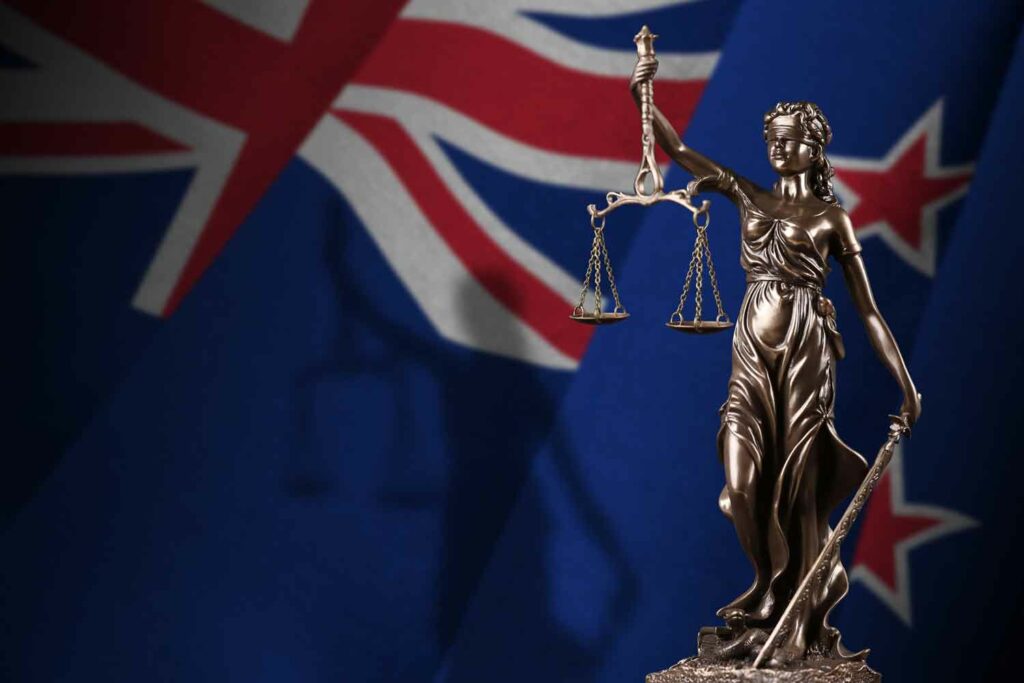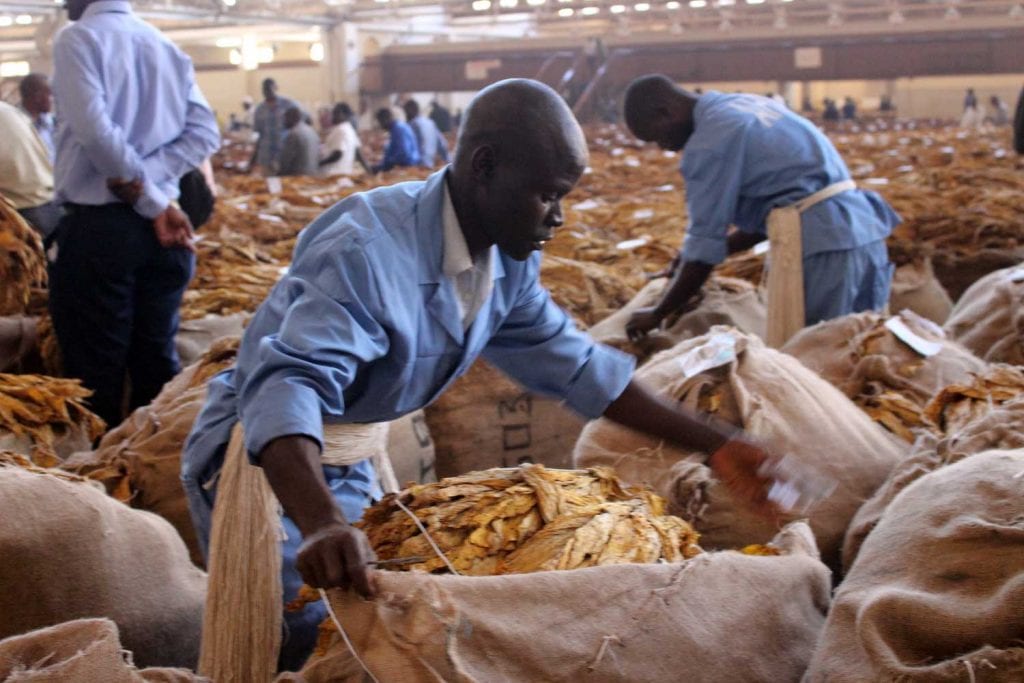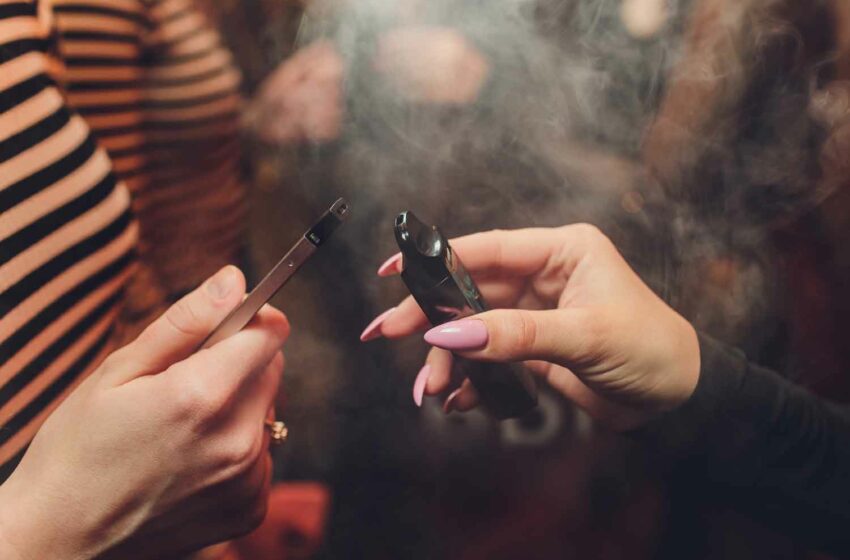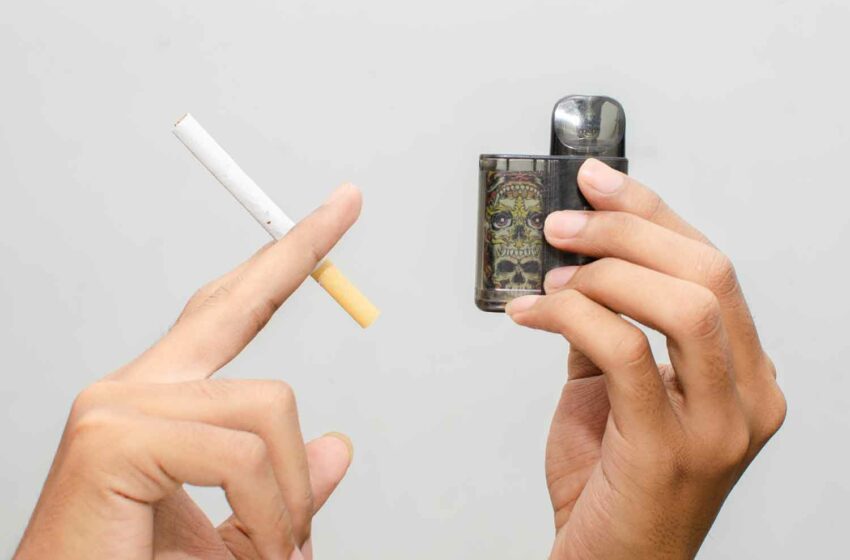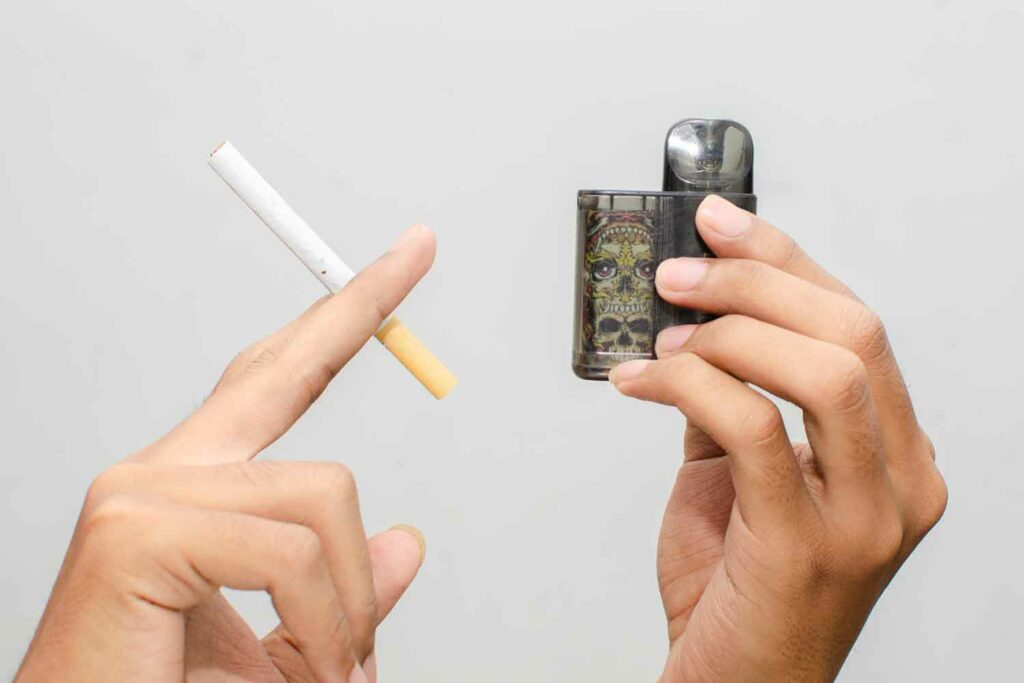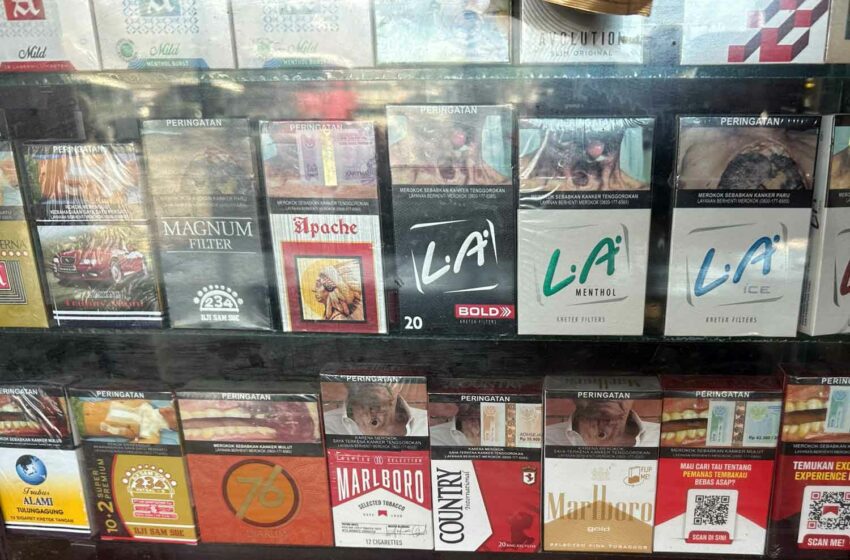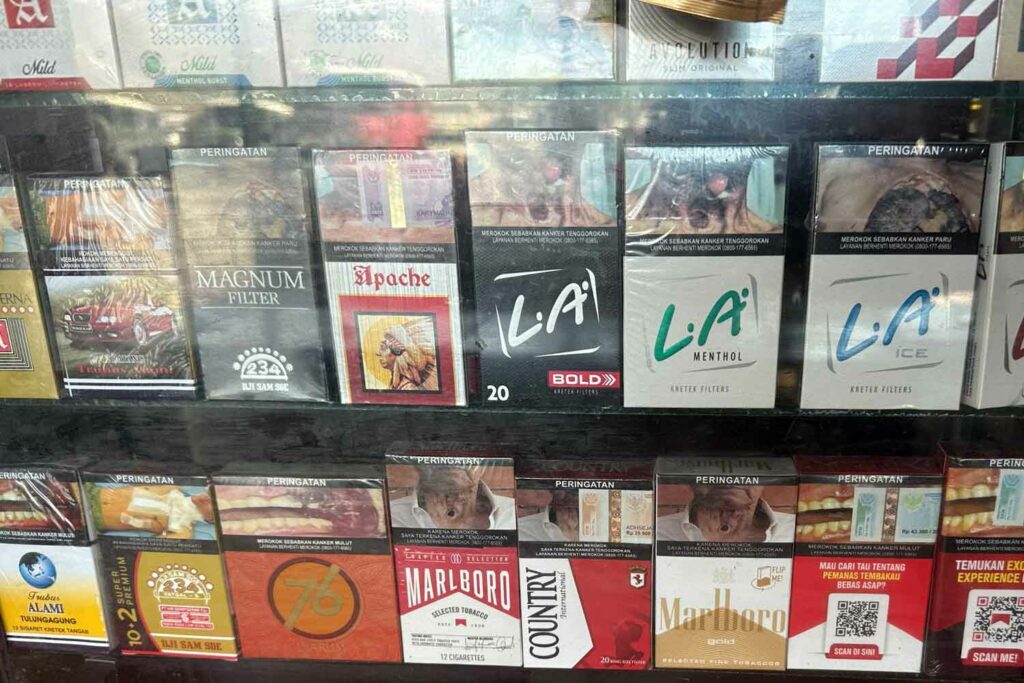
BAT has announced management board changes. Kingsley Wheaton will be appointed as chief corporate officer, a newly created role. Wheaton’s current role of chief strategy and growth officer will cease to exist.
As chief corporate officer, Wheaton will have overall responsibility for the strategy and execution of the group’s sustainable future pillar, including:
- Establishing broad acceptance of BAT’s tobacco harm reduction (THR) agenda, working with BAT’s director of research and science, James Murphy, to ensure the scientific basis for harm reduction and encouraging a fact-based discussion on nicotine among key stakeholders;
- Shaping the landscape through responsible and transparent dialogue with regulators, policymakers and other relevant stakeholders; and
- Enhancing BAT’s leadership in sustainability and integrity.
Paul McCrory, director of corporate and regulatory affairs, will continue to report to Wheaton in this role. Donato Del Vecchio, chief sustainability officer, will also continue to report to Wheaton.
Luciano Comin, marketing director for combustibles and new categories, will be appointed chief marketing officer, reporting directly to Tadeu Marroco, CEO.
James Barrett, director of business development, will report to Soraya Benchikh, chief financial officer.
All changes are effective immediately.
“We will be taking an important step later today in our journey to encourage THR acceptance with the launch of a compelling science and evidential case for THR in the form of ‘The Omni: Forward Thinking for a Smokeless World,’” said Marroco.
“I would like to thank Kingsley for all that he has done as chief strategy and growth officer. He has stepped into the role at a critical time for BAT and has helped shape the strategy and establish new functional capabilities. In all of these areas, BAT is now stronger and more robust.”
“I feel honored to take up this new challenge,” said Wheaton. “As BAT moves forward toward ‘A Better Tomorrow,’ the focus on this area of the strategy will be all-important. I am looking forward to bringing my experience and understanding of both BAT and the external environment and making a real difference.”


